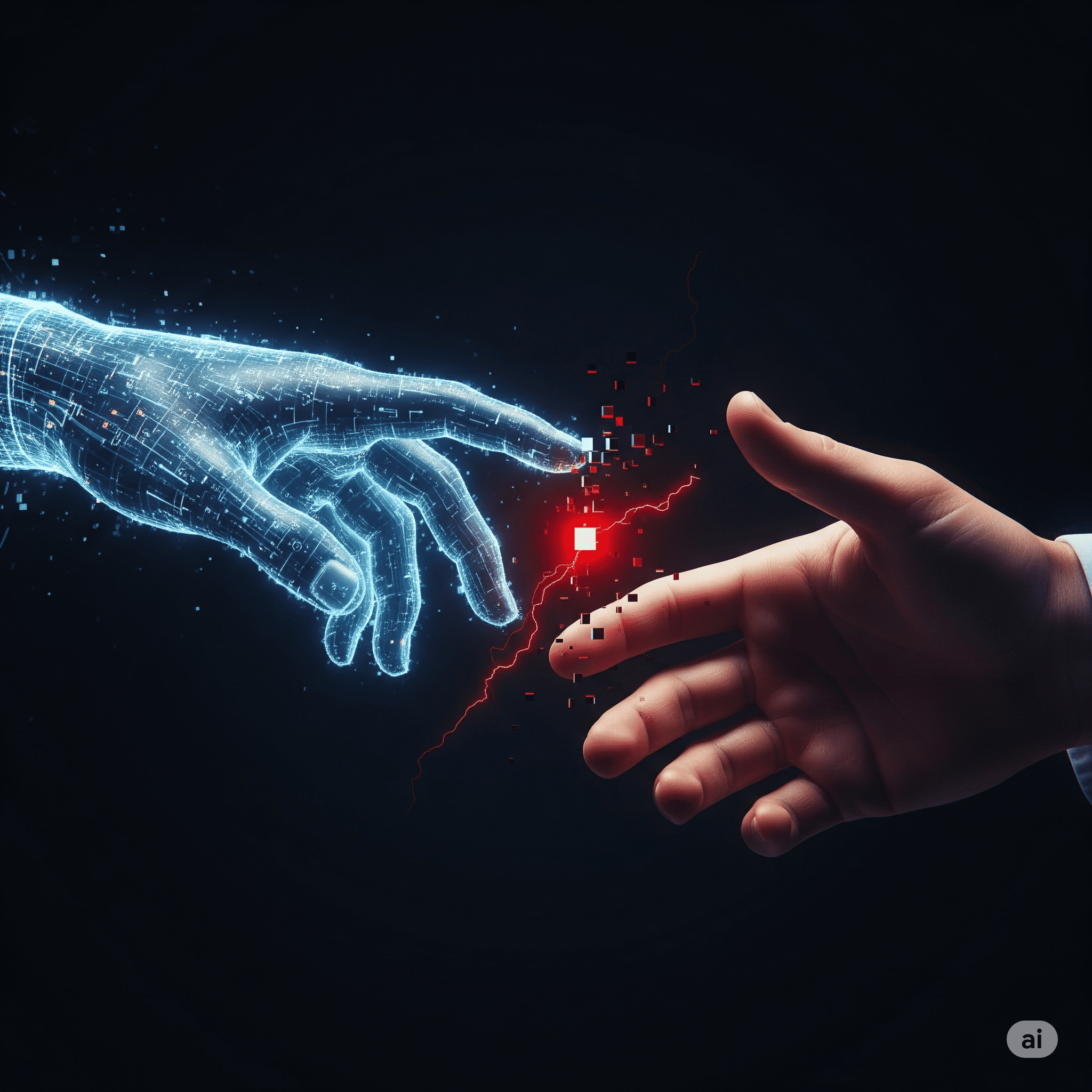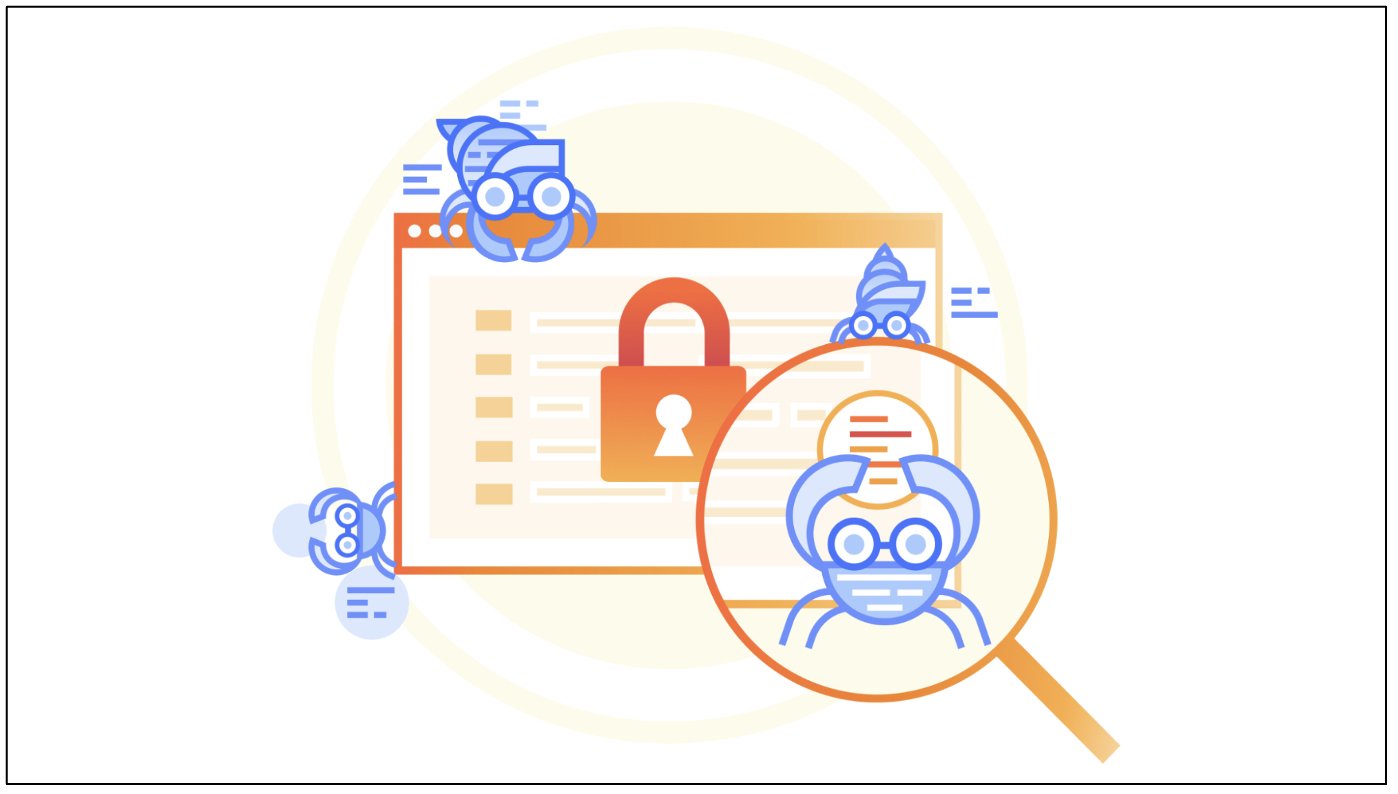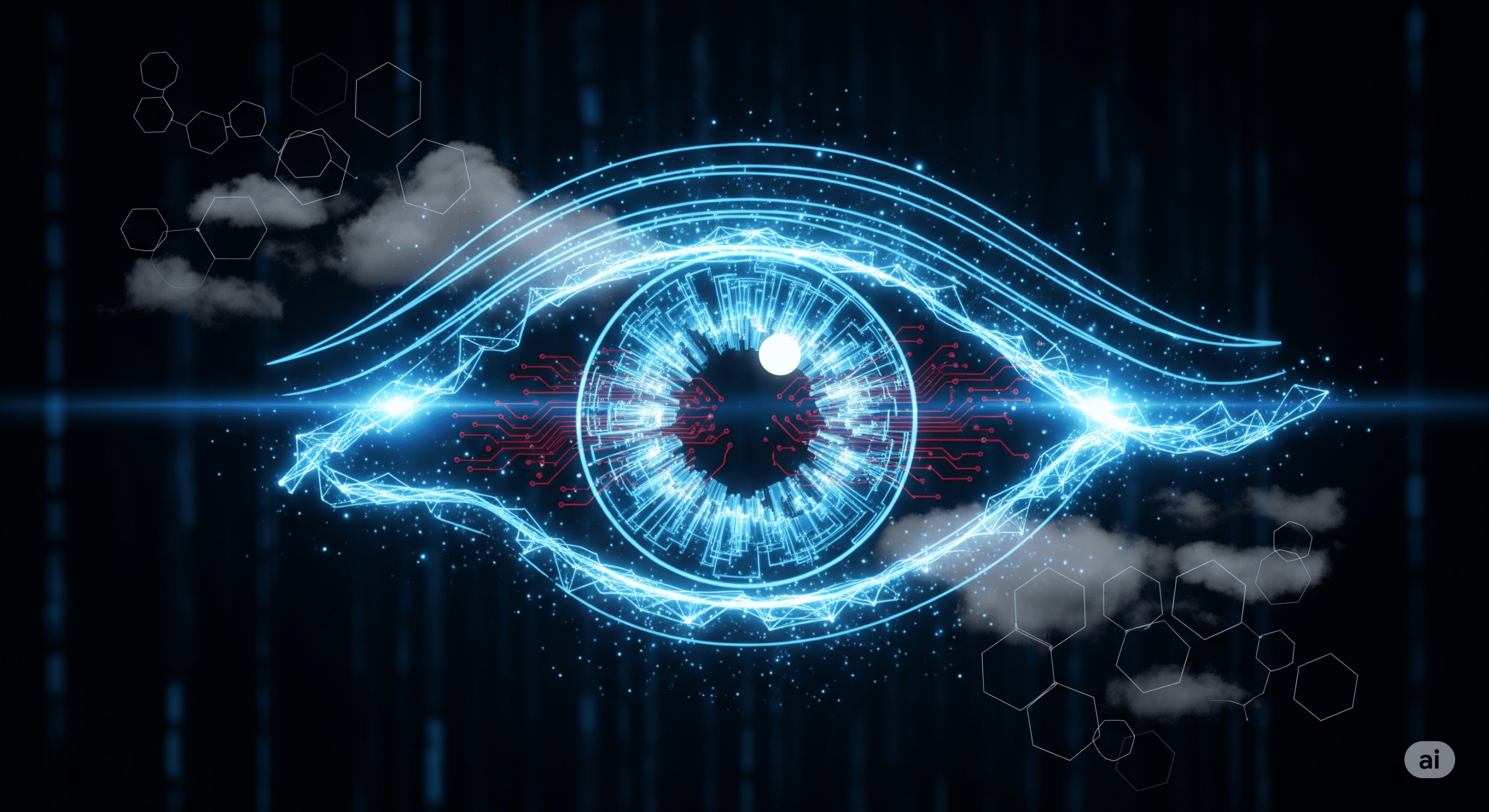AI is transforming our digital world—but without security, it becomes a double-edged sword. Here’s why your expertise is more vital than ever.
Artificial Intelligence (AI) is no longer science fiction—it’s an operational reality. From generative AI tools to intelligent automation, businesses are embedding AI deep into infrastructure, decision-making, and customer experiences. But alongside innovation comes a surge of new security threats—and this evolving digital frontier demands urgent, expert attention.
So, why is security important in today’s AI age?
Why Is Security Important in the AI Age?
Security is crucial in the AI age to prevent data poisoning, adversarial attacks, and model misuse. It ensures trust, compliance, and ethical AI deployment.
This is no longer just an IT or compliance issue—it’s a core component of sustainable innovation. When AI is improperly secured, the consequences are systemic: data breaches, misinformation, legal non-compliance, and reputational damage.
The AI Revolution: More Than Just Smart Tools
AI is revolutionizing cybersecurity operations, predictive analytics, and even national defense systems. However, each AI deployment expands the attack surface and creates non-traditional vulnerabilities:
- Data Poisoning – Attackers inject malicious data into training sets, altering AI behavior.
- Adversarial Machine Learning – Subtle input modifications trick models into misclassifying.
- Model Inversion Attacks – Threat actors infer sensitive training data from AI outputs.
- Prompt Injection – In large language models (LLMs), attackers manipulate outputs through indirect user inputs.
AI systems are only as secure as the environments, data, and algorithms they rely on—and most weren’t designed with security-first principles.
The Vital Role of Cybersecurity Experts
For cybersecurity professionals, this shift is an opportunity and a responsibility. Your expertise is central to:
- Securing AI pipelines from data ingestion to inference endpoints
- Enforcing model integrity and trustworthiness
- Auditing algorithmic decisions for transparency and fairness
- Designing AI-aware threat modeling and red-team simulations
- Guiding regulatory compliance with the EU AI Act, NIST AI RMF, and industry-specific mandates
As AI systems become decision-makers, cybersecurity must become co-creators of those systems, embedding security-by-design into AI architecture.
New Threats Require New Thinking
Traditional firewalls and patch cycles aren’t enough. In the AI age, security must evolve to be:
- Proactive, leveraging AI-powered threat detection and response.
- Explainable, ensuring you can audit and interpret AI behavior.
- Resilient, designed to handle adversarial conditions and edge-case failures.
- Regulatory-ready, aligned with growing governance frameworks for ethical AI use.
Cybersecurity experts must be fluent in machine learning security, data lineage, and privacy-preserving techniques like differential privacy or federated learning.
AI Is Also a Security Asset—If Used Responsibly
Let’s not forget—AI isn’t just a risk; it’s also a powerful tool in your defensive arsenal.
- AI-driven anomaly detection can reveal advanced persistent threats (APTs) earlier.
- Autonomous response can neutralize threats at machine speed.
- Behavioral modeling helps flag insider threats and zero-day exploits.
- Security Orchestration Automation and Response (SOAR) platforms now rely on ML for decision support.
But with great power comes great risk. If the AI tools meant to defend you are compromised, the impact is catastrophic.
Why Now Is the Time to Act
The pace of AI innovation is outstripping traditional governance models. If organizations don’t bake security into AI systems from day one, they’re setting themselves up for avoidable failures.
As a cybersecurity expert, you are no longer just a defender—you’re a digital architect shaping the future of secure and ethical AI. Your skills in risk modeling, threat detection, and incident response are exactly what today’s AI systems lack natively.
The integrity of tomorrow’s AI depends on the vigilance of today’s cybersecurity leaders. That means you.



